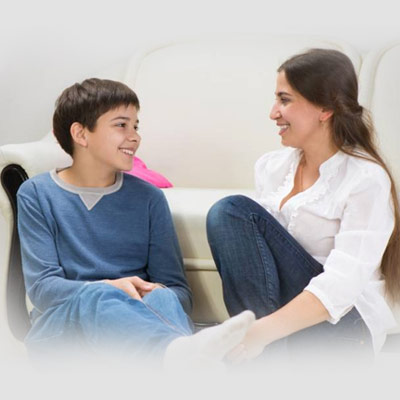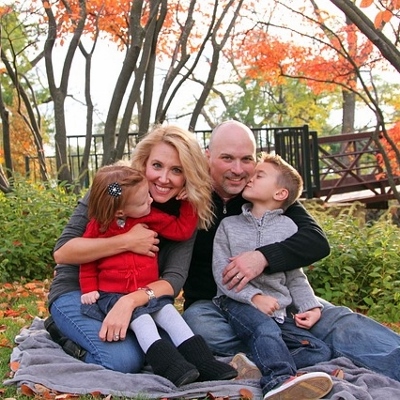
Ever since becoming a parent I have learned so much. Some of it was from diligent study; however, most of it was on the fly. Dealing with emotional breakdowns is one those things I learned by winging it.
Growing up, my family was not overly emotional. We cried when something hurt badly and laughed when things were funny. There were not too many time where I saw someone crying for no reason or simply to have a good cry. My wife’s family was the complete opposite. The wind would change directions, and tears were flowing. Apparently, kids are emotional roller coasters.
I know that the healthiest way to deal with emotions is somewhere in between how I grew up and how my wife did. I want my children to be able to express their feelings but not be controlled by them. For example, my three-year-old son will get upset about something, and he can’t let it go for a good while. My daughter had a similar issue around the same age but is now very good about expressing her emotions.
Although she is now in elementary and much of this can be attributed to maturity, there were a couple of things we did, and you can do, too, in order to make this happen. I tried the Dr. Phil approach with her and would sit her down and ask about her feelings like the books said, but this did not appear to be all that effective. It was good for helping her to identify what emotion she was experiencing but trying to express anything past that was futile.
So, I modified this. When she was starting to boil over, I would ask her how she felt (happy, sad, angry, etc.). Then I would ask her what made her feel this way. When she would tell me she was sad because one of her friends was teasing her, we just defined the problem. This was our first step, and most of the time it was the easiest.
Next, we created the solution. I asked her why this made her sad. Peeling that onion was never an A to Z process and often required some digging. However, once I would pull it out of her, the solution would be obvious to her. She would say it made her sad because they made her feel like a baby. From here, self-reflecting questions worked the best for our kids.
“Well, are you a baby?”
“No, Daddy.”
“Then them treating you that way will not make you a baby.”
Often after a brief conversation like this, she would realize it was silly or not worthy of getting upset and return to play. She would ask her friends not to tease her like that if they started down that path again, and they wouldn’t.
This strategy has been very successful for us so far. With school right around the corner, all of us will get plenty of practice helping our children sort through emotions.










